While Loss of Control In-Flight (LOC-I) accidents represented just 8% of flight accidents from 2012 to 2021, the fatality rates caused by LOC-I accidents stands at an alarming 63%. The International Air Transport Association (IATA) recommends pilots seek upset training to ensure they’re prepared for such incidents and to prevent accidental loss of life.
With Flight Research International, pilots learn how to effectively respond to more than 30 upset scenarios, including inverted spins, upright spins and bank angle upsets from 70 to 180 degrees with FRI upset training.
In-Flight vs. Simulation Training
In-flight training gives professional pilots the training they need to understand and practice responding to upsets. While simulation training can provide some preparation in this area pilots in training, a simulator doesn’t provide the same feel or accuracy as in-flight training and as a result, pilots are unable to adequately prepare for upset recovery in the real world, especially in heavy jets and supersonic speeds, both of which result in different behaviours. Hear from pilots who have completed our courses below:
Flight Research International:
Then & Now
The Heritage Room
Since 1981, Flight Research has held a tradition in which pilots and trainees are escorted into the Heritage Room after they’ve completed their training.
The Heritage Room represents a single symbolic location where a transition of knowledge is handed off to the next generation of pilots. Each pilot who earns the opportunity to experience the Heritage Room and receives special recognition as part of an elite community of specially-trained pilots that we consider to be the top one percent in aviation. They are a particularly special breed of pilot who’ve trained and received special commendation for superior skills in flight.
Fixed, rotary wing and spacecraft pilots have earned the distinction of being recognized in the Heritage Room.
Former Veteran-Owned
Small Business (VOSB)
FRI was recognized as a HUBZone-qualified Veteran-Owned Small Business under the leadership of retired U.S. Air Force Lt. Colonel William Koener from 2012 to 2015.
Today, FRI operates under the leadership of the National Test Pilot School (NTPS), which acquired the business in December 2022. Together, FRI and NTPS strive to provide advanced flight training to military and civilian pilots with a special focus on upset prevention and recovery training.
Get Started Today
Review our pilot course schedule, request a quote for a custom course or find out more about Flight Research International's services.
